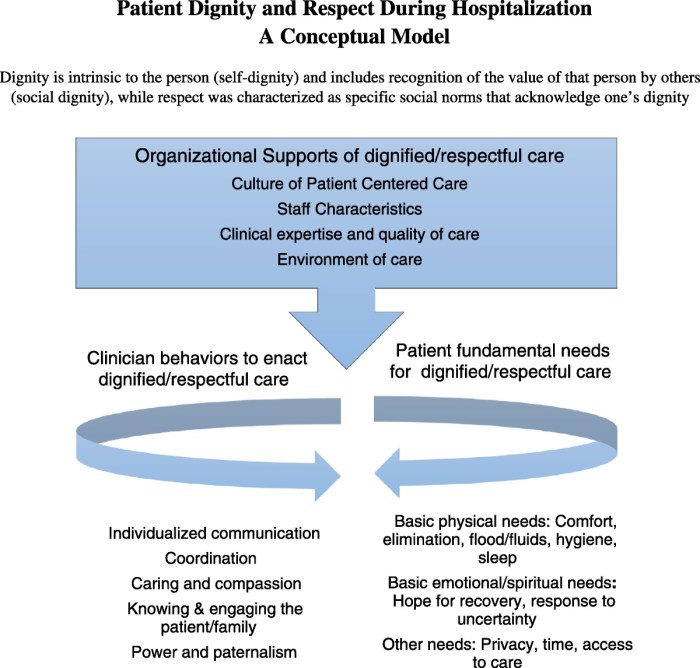What is the patient care partnership core mandatory part 2 – Patient Care Partnership Core Mandatory Part 2 is an essential program designed to enhance the quality and effectiveness of patient care delivery. This comprehensive initiative focuses on promoting patient-centered care, fostering effective communication and collaboration, addressing ethical and legal considerations, and implementing quality improvement and patient safety measures.
By embracing the principles of patient-centered care, healthcare providers can empower patients to actively participate in their own care, leading to improved health outcomes and greater patient satisfaction. Effective communication and collaboration among healthcare professionals, patients, and their families are crucial for ensuring that patients receive the best possible care.
Patient Care Partnership Core Mandatory Part 2: Overview

The Patient Care Partnership Core Mandatory Part 2 program aims to equip healthcare professionals with the essential knowledge and skills to provide patient-centered care. It targets healthcare providers from diverse disciplines and settings, with the intended outcome of enhancing patient satisfaction, improving health outcomes, and fostering a collaborative healthcare environment.
The program consists of key components, including:
- Principles of patient-centered care
- Effective communication and collaboration
- Ethical and legal considerations
- Quality improvement and patient safety
- Cultural competence and health disparities
Elements of Patient-Centered Care
Patient-centered care emphasizes the active involvement of patients in their healthcare decisions. Key principles include:
- Respect for patient values and preferences
- Shared decision-making
- Cultural sensitivity
Examples of patient-centered care initiatives include:
- Using patient-friendly language and materials
- Providing access to health information and resources
- Encouraging patient feedback and involvement in care planning
Communication and Collaboration
Effective communication is crucial for patient care. Strategies include:
- Active listening
- Clear and concise communication
- Using technology to facilitate communication
Building strong interdisciplinary teams fosters collaboration. Key elements include:
- Respect for diverse perspectives
- Open communication and information sharing
- Shared decision-making
Ethical and Legal Considerations
Ethical and legal considerations in patient care include:
- Informed consent
- Confidentiality
- Patient rights
Guidance on navigating ethical dilemmas and ensuring compliance with legal regulations is essential.
Quality Improvement and Patient Safety
Quality improvement and patient safety are integral to patient care. Methods include:
- Monitoring patient outcomes
- Evaluating interventions
- Implementing evidence-based practices
Strategies for reducing patient harm include:
- Infection control measures
- Medication safety
- Preventing falls
Cultural Competence and Health Disparities, What is the patient care partnership core mandatory part 2
Cultural competence is essential for providing equitable care. Strategies include:
- Understanding cultural beliefs and values
- Adapting communication and care approaches
- Addressing health disparities
Examples of culturally sensitive interventions include:
- Providing language interpretation services
- Using culturally appropriate health education materials
- Collaborating with community organizations
General Inquiries: What Is The Patient Care Partnership Core Mandatory Part 2
What are the key objectives of Patient Care Partnership Core Mandatory Part 2?
The program aims to enhance patient engagement, improve communication and collaboration among healthcare providers, address ethical and legal considerations, and promote quality improvement and patient safety.
How does Patient Care Partnership Core Mandatory Part 2 promote patient-centered care?
The program emphasizes the importance of patient engagement, shared decision-making, and cultural sensitivity, empowering patients to actively participate in their own care.
What strategies are discussed in Patient Care Partnership Core Mandatory Part 2 for improving communication between healthcare providers and patients?
The program provides guidance on active listening, empathy, and clear communication techniques to enhance patient-provider interactions.